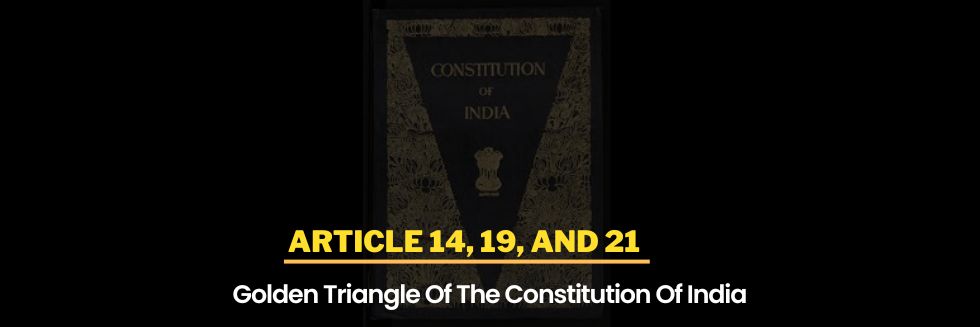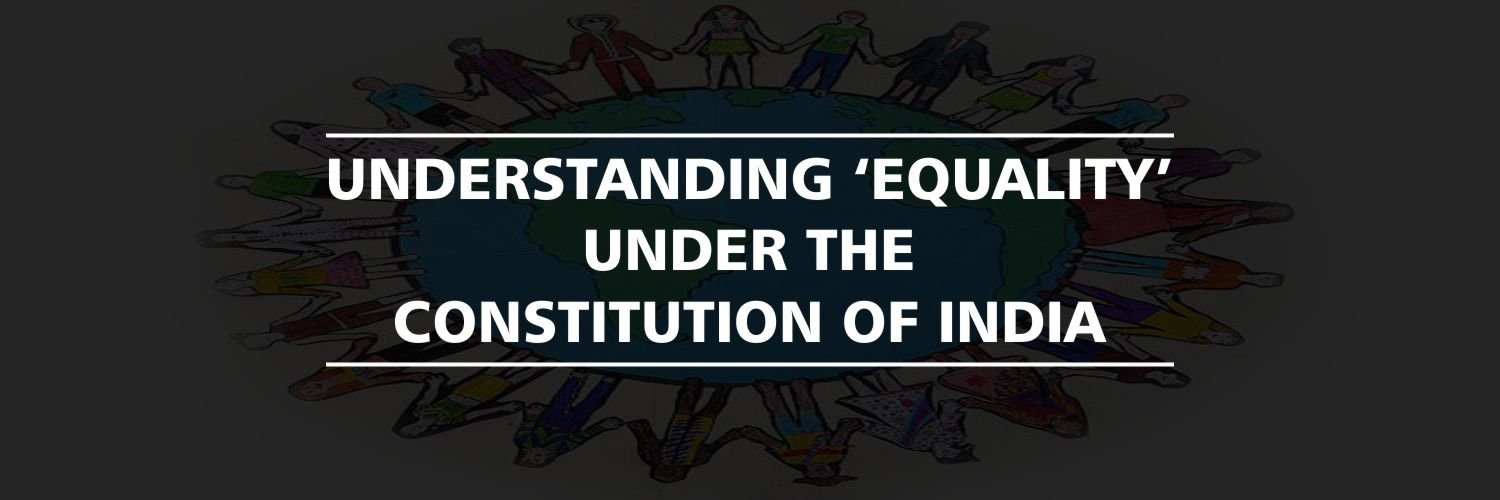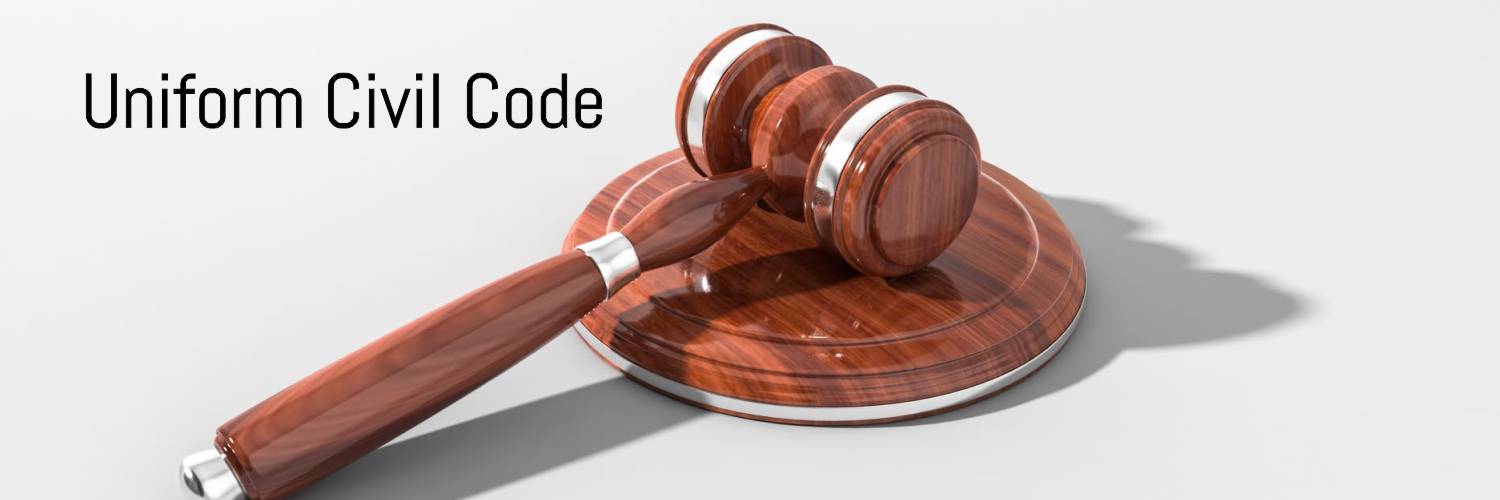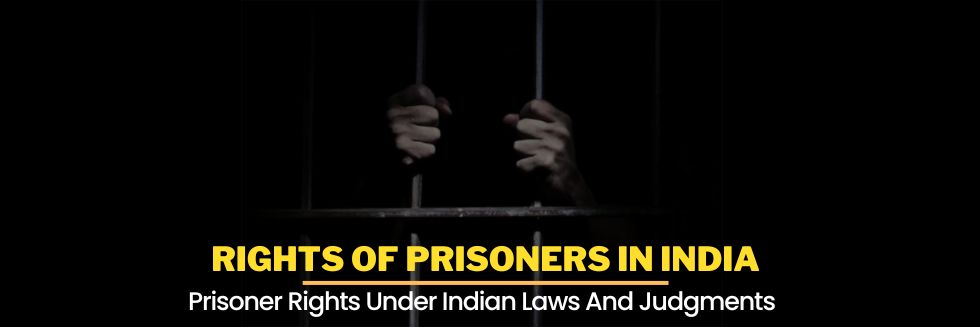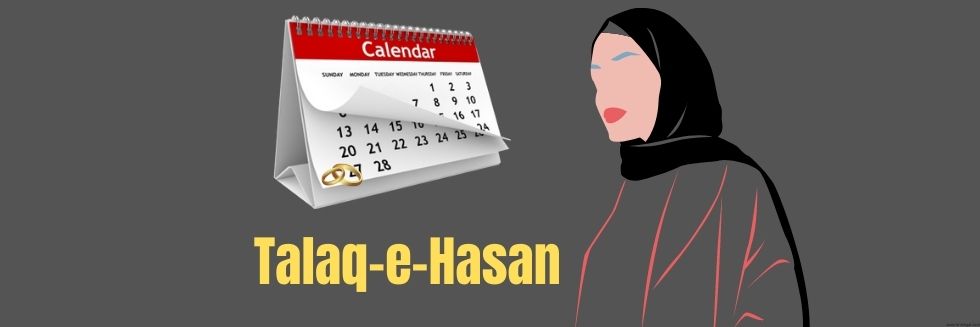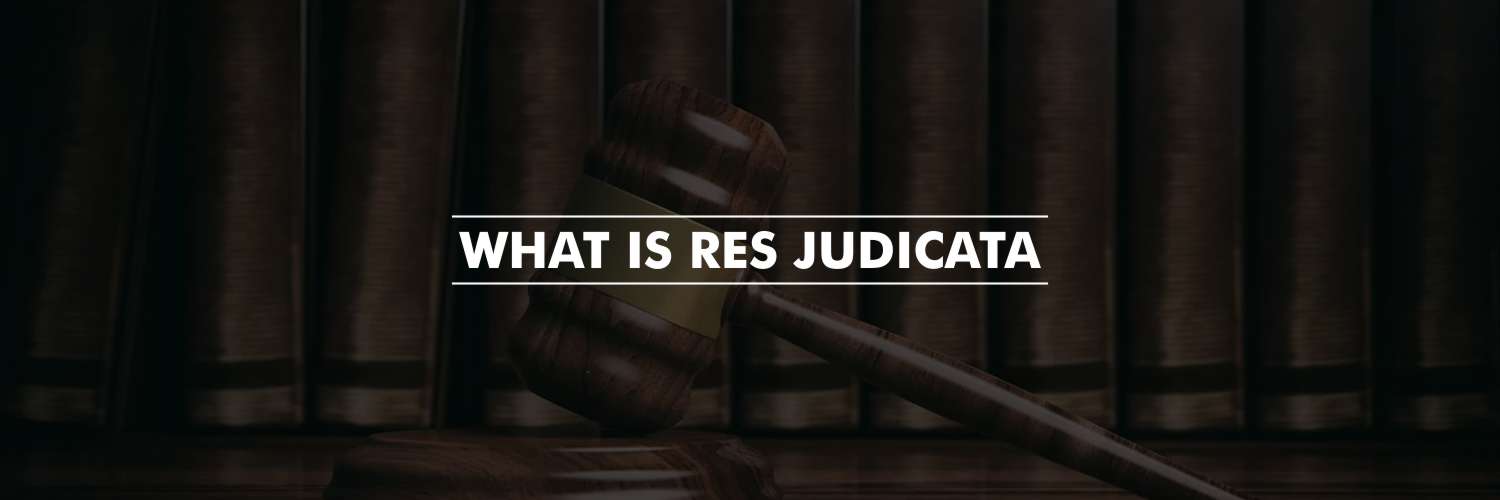Introduction
It is a significant case that establishes how to balance the secrecy concept with the access to knowledge that is guaranteed to every person. It emphasises openness among all branches of government. More importantly, it creates a balance between the right to privacy, which is a well-known fundamental right, and the broader public interest that would require the disclosure of information. In light of judicial independence, it covers issues relating to the publication of information regarding judge appointments, the disclosure of judges’ assets, and correspondence between judges and other authorities.
CPIO V/s Subhash Chandra Agarwal Case Details
Case Title: CPIO V/s Subhash Chandra Agarwal
Court: Supreme Court
Case Number: Civil Appeal No. 10044 of 2010
Citation: 2019 (16) SCALE 40
Date of Decision: 13 November 2019
Case Type: Civil Appeal
Law(s): Article 12, Article 19, Article 20, Article 21, Article 25 and Article 124 of Constitution of India
Bench: 5 Judge Bench; current Chief Justice of India D.Y. Chandrachud, Justice Ranjan Gogoi, Justice N.V. Ramana, Justice Deepak Gupta, Justice Sanjiv Khanna.
Appellant: Central Public Service Officer, Supreme Court
Respondent: Subhash Chandra Aggarwal, High Court of Tripura
Appearances: Mr. B Krishan Prasad for Appellant; Mr. Prashant Bhushan and Sunil Fernandes for Respondent.
Brief Facts
- This case consists of three appeals, which arose from separate orders denying the required access to information under the RTI Act. Appeals that arose in this case were moved by Subhash Chandra Agarwal (respondent) before the Central Public Information Officer (CPIO). The three applications were:
a) In the first application, Subhash Chandra filed a Right to Information Application to CPIO to furnish information about the complete correspondence of the Chief Justice of India as it was found that the Union Minister had influenced the judicial decision of Madras High Court judge, Justice R. Reghupathi.
b) In the second RTI Application was filed regarding a request to furnish information about correspondence between the Constitutional authorities relating to the appointment of three Supreme Court Judges- Justice A.K. Ganguly, Justice H.L. Dutta, Justice R.M. Lodha which superseded other senior Judges.
c) The third Application was filed for furnishing information relating to the declaration of assets of judges made by them to the Chief Justice of India and Chief Justice of States. - On the filing of these applications, the CPIO, Supreme Court denied fir furnishing the requested information by stating that the information sought is available with the registry of the Supreme Court of India.
- Upon denial of providing information, Subhash Chandra Agarwal filed an appeal to the Central Information Commission (CIC), and on 6 January 2009, the Central Information Commission ordered the Supreme Court to disclose the requested information and to follow the procedure mentioned under, section 6(3) of Right to Information Act,2005.
- Aggrieved by the order of CIC, the Central Public Information Officer (CPIO), filed a writ petition before the High Court but it ruled in favour of the respondent.
- Further, CPIO filed appeals before the Supreme Court of India. The first two appeals were filed in the Supreme Court against the CIC order which directs access to information. The third appeal was filed against the order passed by the full bench of the Delhi High Court.
Issues
- Whether the disclosure of information to the public relating to the office of CJI and the collegium system amount to interference with judicial independence?
- Whether section 8(1)(j) exempt the information sought for public disclosure?
- Whether the disclosure of information sought relating to judges would curtail or prevent the constitutional authorities from expressing their free and frank expression?
Arguments
Appellants argued the following points:
- Disclosure would impede the independence of judges. Judges ought not to be subjected to “litigation public debate,” and such protection is important for the functioning of the institution.
- The right to information is not an absolute right and is subject to restrictions and conditions under the RTI Act.
- As per Section 8(1)(j) of the RTI Act, personal information, which has no bearing on any public activity or interest, is exempted from disclosure. As per the appellants, information on assets will fall within the purview of Section 8(1)(j) and hence is exempted. Further, disclosing information on the candidates being considered for judicial appointment would cause an unwarranted invasion of their privacy and does not serve the larger public interest.
- The information on assets is voluntarily declared by the judges to the Chief Justice of India in his fiduciary capacity as the pater familias of the judiciary. Additionally, information relating to the appointment of judges is shared among other constitutional functionaries in their fiduciary capacities, which makes the information exempt under Section 8(1)(e) of the RTI Act.
The respondent argued the following points:
- The respondent argued that the disclosure of the information sought does not undermine the independence of the judiciary. Rather, the transparency would be better for the independent functioning of the judiciary.
- The information sought serves the larger public interest and outweighs the privilege of exemption granted to personal information under Section 8(1)(j) of the RTI Act.
- There is no fiduciary relationship between the Chief Justice and the judges or among the constitutional functionaries as envisaged under Section 8(1)(e) of the RTI Act which could be a ground for holding back the information.
- Referencing the decisions in Central Board of Secondary Education and another v. Aditya Bandopadhyay and others and Reserve Bank of India v. Jayantilal N. Mistry, the respondent argued that the “duty of a public servant is not to act for the benefit of another public servant.” As such, the Chief Justice and other functionaries should discharge their constitutional duties and not act as a fiduciary of anyone, except the people.
- If there exists a fiduciary relationship among the functionaries, disclosure can be made if it serves the larger public interest.
Judgment
On 13 November 2019, Supreme Court dismissed the appeal and delivered the judgment in favour of the respondent and upheld the Delhi High Court judgment by directing the Central Public Information Officer, Supreme Court to furnish information regarding collegium decision-making, personal assets of judges, and correspondence with CJI. No general decision came up relating to the universal disclosure of the above-mentioned information.
It was further held that the bar on disclosure of information cannot be imposed on the grounds of free and frank expression of collegium members and the disclosure will be based on case to case.
Khanna j. is of the view that “Determination of public interest will be based on case to case”.
Cases Referred
- Central Board of Secondary Education & Ors. v. Aditya Bandopadhyay & Ors. Citation: (2011) 8 SCC 497
- Reserve Bank of India v. Jayantilal N. Mistry Citation: Civil Appeal No. 91 of 2015
- S.P. Gupta v. Union Of India & Ors. Citation: AIR 1982 SC 149
- Bhundan Singh & Ors. v. Nabi Rux Citation: 1970 SCR (2) 10
- Kailash Rai v. Jai Ram Citation: 1973 AIR 893
- State of U.P. v. Raj Narain & Ors. Citation: 1975 AIR 865
- District Registrar & Collector v. Canara Bank Citation: Civil Appeal No. 6350-74 of 1997
- Puttaswamy & Anr. v. Union of India & Ors. Citation: W.P. (Civil) No. 494 of 2012
- Girish Ramchandra Deshpande v. Central Information Commissioner & Ors. Citation: SLP (Civil) No. 27734 of 2012
- Arvind Kejriwal v. CPIO & Ors. Citation: W.P. (Civil) No. 6614 of 2008
- Bihar Public Service Commission v. Saiyed Hussain Abbas Rizwi & Ors. Citation: Civil Appeal No. 20217 of 2011.
This article is written and submitted by Sanskar Singhal during his course of internship at B&B Associates LLP. Sanskar is a 5th Year BBA LLB student at Geeta Institute of Law, Panipat.

